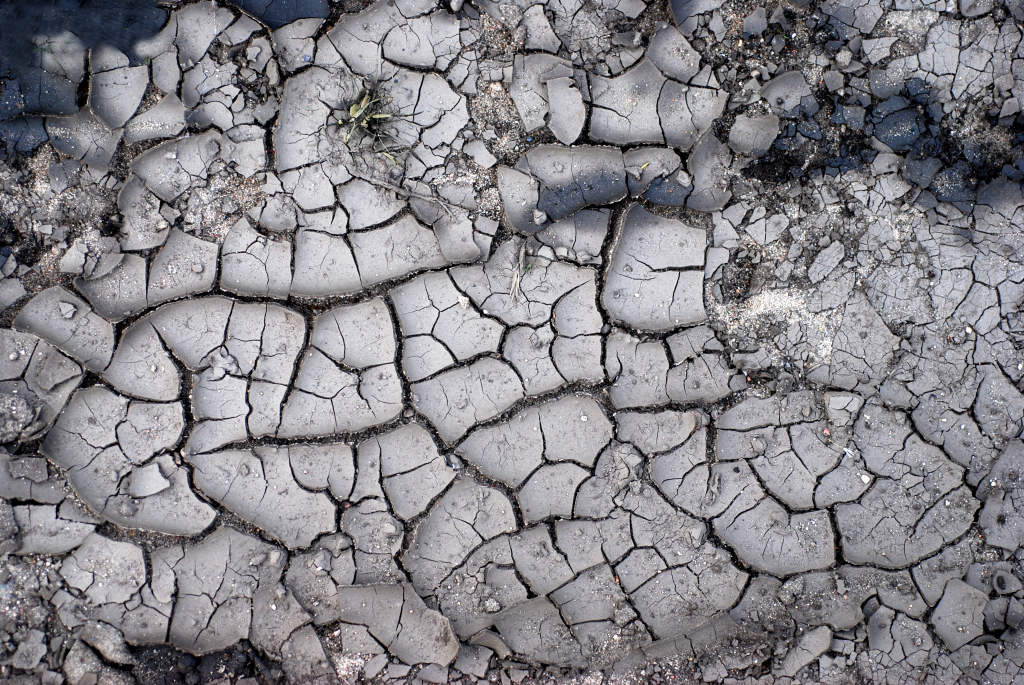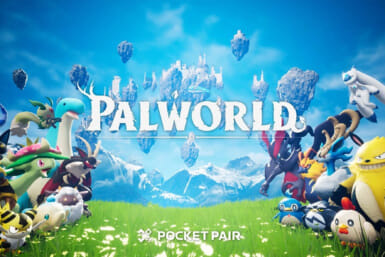by Ian de Stains OBE
On January 1 we will celebrate the beginning of the second decade of the 21st century. I wonder, though, if celebration is really the right word. The decade we are leaving behind has witnessed economic collapse on a scale not seen since the Great Depression and, despite some media claims to the contrary, there’s no guarantee that a sustainable recovery is in sight. Peace in the Middle East remains elusive—despite Tony Blair—with the Palestinians still denied what they rightly deserve and a pugilistic Israel continuing to build what many see as illegal settlements on stolen land. Afghanistan has taken the place of Iraq as the world’s deadliest war zone, though there is little sign of any increased security as the allies withdraw from the latter. Casualties on both fronts continue to escalate to the point where more and more people are questioning why we are sacrificing lives in an area inwhich—truth to tell—we do not belong, and where there is increasing doubt that we can ever make a difference. Pakistan threatens to be yet another area of increasing conflict. As a consequence, terrorism is likely to stalk our streets for a long time to come, and the hopes of those who longed—and worked—for multi-cultural harmony in many countries, such as the UK, have been dashed as trust is eroded.
An increasing number of people around the world are living in poverty; and not just in the ‘developing’ nations, though in these, hunger and starvation, a lack of clean water, and insufficient medical care threaten more and more lives. The very young and the elderly are especially vulnerable. Malaria continues to be a bigger killer than AIDS/HIV even though prevention and treatment is significantly easier and much less costly: mosquito nets cost a lot less than the drugs that are needed after infection. AIDS/HIV continues to be a scourge, especially in Africa, and yet pharmaceutical companies still focus on the need to satisfy shareholders before delivering relief to the afflicted. As a result, hundreds of thousands of people die every year for want of a few dollars.
COP15 in Copenhagen seeks to accelerate the world’s focus on the effect of global warming on the environment and the need for immediate action. The peril we are in seems clear, and yet there are many who claim that the dangers are overstated; indeed, some say there is no danger at all. It’s all a matter of claiming that the sky is falling; the danger as remote as the earth being hit by an asteroid. Yet the reality of that possibility was demonstrated just last month when we narrowly avoided an impact with a celestial body that came closer to the earth than any other for centuries— and we had very short notice of it.
The fears expressed as we approached the millennium seem misplaced indeed as we enter the new decade.
Ian de Stains is the executive director of the British Chamber of Commerce in Japan.









